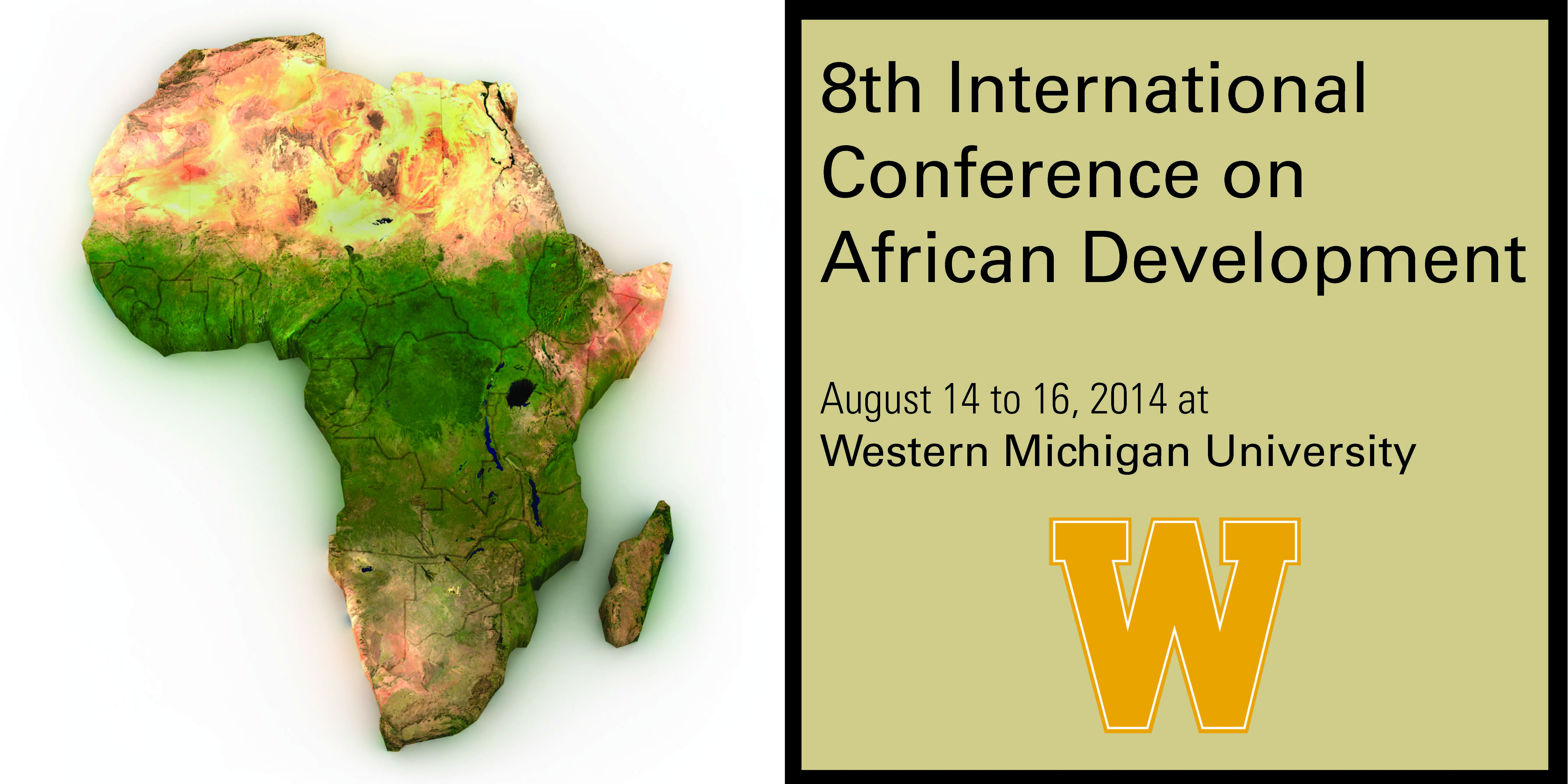
Good Governance and Knowledge Link: Insight into the Role of Ethiopian Women 50+
Abstract
This paper provides brief insight into two major often undiscovered issues, i.e. the role of intellectual elderly Ethiopian women in attaining good governance and their role in knowledge transfer to upkeep an ethical and responsible generation. In the past few decades, empowering women’s democratic participation in decision making and attaining balanced good governance at all decision making levels has become growingly a concern and an issue of research, as society’s quest for more liberty, transparency and participation in political and socio-economic development upsurges.
Moreover, metrics to the degree of political and socio-economic development have been accountability, participatory, transparency, responsiveness, effectiveness and efficiency, equitability and inclusiveness and conformity to the rule of law. Problems are, however, 20 information of the degree of Ethiopian women role in public administration is scanty at best. Equally the roles of Ethiopian elderly intellectual women in knowledge transfer and generation knowledge ling are not well studied. Hence, authors began with conceptualizing the good governance and contextualize it in accordance with the role of Ethiopian women age 50+. Subsequently relevant data are collected and assessed to substantiate arguments with factual role in knowledge transfer across generations. The evidence collection approach, beside literature review, is interviewing and experts’ opinion, assessing case studies and narrating own experiences.
The expected outcome of this paper adds value to the knowledge pool and to stimulate discussions and further studies. Moreover, the feedback and knowledge gained strengthens the W+50 initiative of ASELEH e.V.
Good Governance and Knowledge Link: Insight into the Role of Ethiopian Women 50+
This paper provides brief insight into two major often undiscovered issues, i.e. the role of intellectual elderly Ethiopian women in attaining good governance and their role in knowledge transfer to upkeep an ethical and responsible generation. In the past few decades, empowering women’s democratic participation in decision making and attaining balanced good governance at all decision making levels has become growingly a concern and an issue of research, as society’s quest for more liberty, transparency and participation in political and socio-economic development upsurges.
Moreover, metrics to the degree of political and socio-economic development have been accountability, participatory, transparency, responsiveness, effectiveness and efficiency, equitability and inclusiveness and conformity to the rule of law. Problems are, however, 20 information of the degree of Ethiopian women role in public administration is scanty at best. Equally the roles of Ethiopian elderly intellectual women in knowledge transfer and generation knowledge ling are not well studied. Hence, authors began with conceptualizing the good governance and contextualize it in accordance with the role of Ethiopian women age 50+. Subsequently relevant data are collected and assessed to substantiate arguments with factual role in knowledge transfer across generations. The evidence collection approach, beside literature review, is interviewing and experts’ opinion, assessing case studies and narrating own experiences.
The expected outcome of this paper adds value to the knowledge pool and to stimulate discussions and further studies. Moreover, the feedback and knowledge gained strengthens the W+50 initiative of ASELEH e.V.
